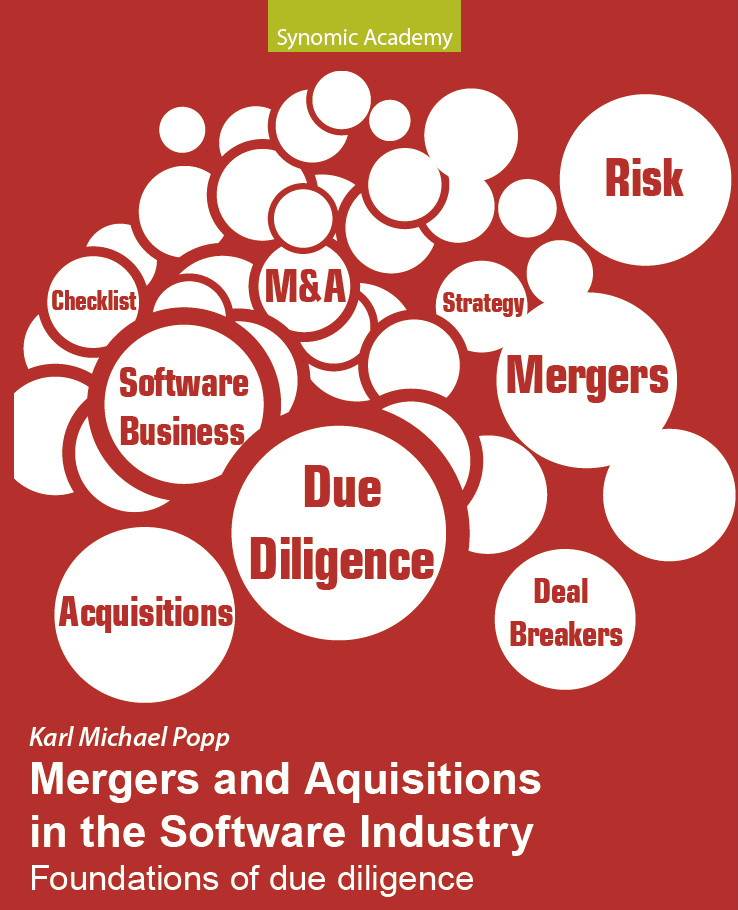Divestitures: resolving issues between buyer and seller
Divestitures, the process of selling off a part of a company's assets, can be a complex and intricate endeavor. For both the buyer and the seller, it is crucial to navigate through potential challenges and ensure a smooth transition. In this blog post, we will explore some common issues that may arise during divestitures and strategies to effectively resolve them.
One of the primary challenges in divestitures is aligning the interests and expectations of the buyer and the seller. Each party may have different goals and requirements, which can lead to friction and disagreement. To overcome this, open communication channels and transparent negotiation are vital. Both parties should clearly define their objectives, discuss potential conflicts, and work together to find mutually beneficial solutions.
Another issue frequently encountered in divestitures is the valuation of assets. Differing perspectives on the worth of the business being sold can hinder negotiations and delay the process. Seeking professional assistance, such as engaging qualified appraisers or financial advisors, can help mitigate this conflict. These experts can provide an unbiased assessment and guide the parties towards a fair valuation.
Legal and contractual challenges are also common in divestitures. The transfer of assets, liabilities, and contracts requires meticulous attention to detail to ensure a smooth transition. Engaging experienced legal professionals who specialize in mergers and acquisitions can be instrumental in navigating this complex terrain. They can identify potential pitfalls, draft comprehensive agreements, and protect the interests of both buyer and seller.
Cultural integration is yet another hurdle that may arise during divestitures. When a company or its division is being sold, integrating the acquired employees, processes, and organizational culture within the buyer's existing framework can be a delicate task. Encouraging open dialogue, fostering mutual respect, and implementing effective change management strategies are key to successfully merging diverse cultures and maximizing the potential benefits of the divestiture.
Finally, post-divestiture integration challenges must not be overlooked. Once the deal is closed, it is essential to closely monitor the integration process and address any unforeseen issues promptly. Regular communication, setting realistic integration targets, and actively involving key stakeholders from both sides can help ensure a seamless transition and the attainment of desired synergies.
In conclusion, divestitures are intricate transactions that require careful consideration and skillful management. By openly communicating, seeking expert advice, addressing legal and cultural challenges, and closely monitoring the integration process, the buyer and the seller can pave the way for a successful divestiture. Resolving issues through collaboration and strategic problem-solving will not only lead to a smoother transaction but also create a solid foundation for future business growth.









